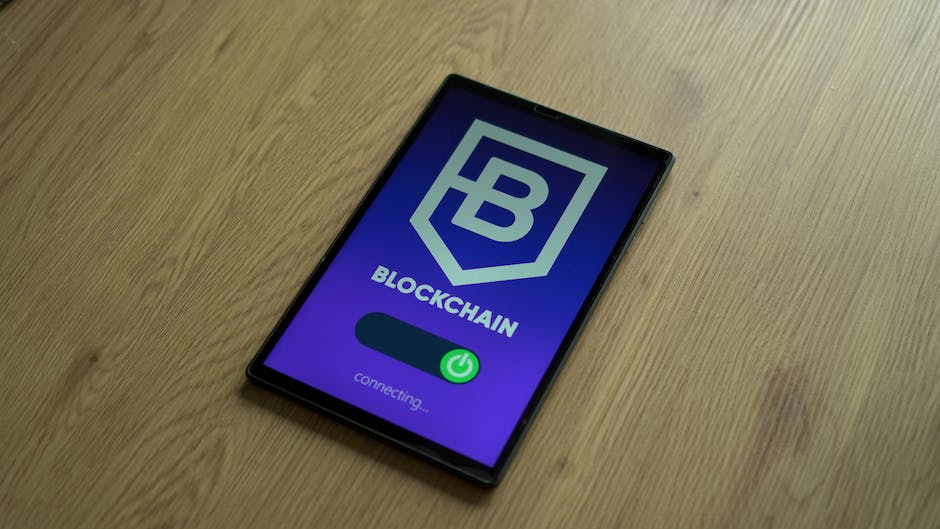The collapse of several American banks, high inflation, and other macroeconomic factors that the first quarter of 2023 brought to the market heavily affected cryptocurrency prices. Despite these events, individuals continue to invest in this digital asset. One of the things that crypto owners may find particularly useful is a blockchain wallet.
A blockchain wallet – an overview
You can store digital assets in a blockchain wallet in a similar way as you keep cash in your physical wallet. But unlike traditional wallets, blockchain wallets store cryptographic keys that enable users to access their digital currency on the blockchain network.
Blockchain wallets allow investors to store and manage cryptocurrencies, like Bitcoin, Ethereum, and other blockchain-based assets, for instance, NFT. It is basically a user interface that facilitates transfers and currency conversions.
How does it work?
Digital wallets are based on the blockchain, which is often developed and maintained by a blockchain software development company. For those unfamiliar with this technology, it can be described as a digital record of transactions shared among the nodes of a computer network.
When a transaction is initiated, it is broadcast to the network, verified by nodes on the network, and added to a block on the blockchain. The transaction is then recorded on the blockchain, and the user’s wallet balance is updated accordingly.
Types of blockchain wallet
Hot wallets and cold wallets are the two primary categories of blockchain wallets. While cold wallets operate offline and offer better security against hacking and theft, hot wallets run online and enable quick and simple access to cryptocurrencies.
But we can also categorize blockchain wallets according to the platform they are designed for.
Web wallets
These are websites that handle private keys required to manage digital assets stored on the blockchain wallet. We can classify them as hot wallets because they can be accessed through any device with an internet connection.
A hot wallet is more convenient than a cold wallet but is also more vulnerable to hackers. Therefore, it is important to use reliable and secure wallets with strong security protocols.
Mobile wallets
Mobile wallets are applications that allow users to manage cryptocurrencies on their smartphones. An additional advantage is that they can serve as a mobile payment app, like Apple Pay, whenever crypto payments are possible.
Mobile wallets are generally considered hot storage because they are connected to the internet. However, many employ advanced encryption and security measures to protect users’ private keys and digital assets.
Desktop wallets
Desktop wallets are counterparts of mobile wallets. They need to be downloaded on the computer to fulfill their function.
Because desktop wallets are not constantly linked to the internet, they are less susceptible to hacking and security breaches than mobile wallets. They also provide more sophisticated options like currency mixing and multi-signature transactions and have more features than mobile wallets.
Over to you
A blockchain wallet is an excellent tool for investors because it gives quick access to their assets, which they can manage securely. With different types of wallets available on the market, you shouldn’t have problems selecting an option that best suits your demands.
The collapse of several American banks, high inflation, and other macroeconomic factors that the first quarter of 2023 brought to the market heavily affected cryptocurrency prices. Despite these events, individuals continue to invest in this digital asset. One of the things that crypto owners may find particularly useful is a blockchain wallet.
A blockchain wallet – an overview
You can store digital assets in a blockchain wallet in a similar way as you keep cash in your physical wallet. But unlike traditional wallets, blockchain wallets store cryptographic keys that enable users to access their digital currency on the blockchain network.
Blockchain wallets allow investors to store and manage cryptocurrencies, like Bitcoin, Ethereum, and other blockchain-based assets, for instance, NFT. It is basically a user interface that facilitates transfers and currency conversions.
How does it work?
Digital wallets are based on the blockchain, which is often developed and maintained by a blockchain software development company. For those unfamiliar with this technology, it can be described as a digital record of transactions shared among the nodes of a computer network.
When a transaction is initiated, it is broadcast to the network, verified by nodes on the network, and added to a block on the blockchain. The transaction is then recorded on the blockchain, and the user’s wallet balance is updated accordingly.
Types of blockchain wallets
Hot wallets and cold wallets are the two primary categories of blockchain wallets. While cold wallets operate offline and offer better security against hacking and theft, hot wallets run online and enable quick and simple access to cryptocurrencies.
But we can also categorize blockchain wallets according to the platform they are designed for.
Web wallets
These are websites that handle private keys required to manage digital assets stored on the blockchain wallet. We can classify them as hot wallets because they can be accessed through any device with an internet connection.
A hot wallet is more convenient than a cold wallet but is also more vulnerable to hackers. Therefore, it is important to use reliable and secure wallets with strong security protocols.
Mobile wallets
Mobile wallets are applications that allow users to manage cryptocurrencies on their smartphones. An additional advantage is that they can serve as a mobile payment app, like Apple Pay, whenever crypto payments are possible.
Mobile wallets are generally considered hot storage because they are connected to the internet. However, many employ advanced encryption and security measures to protect users’ private keys and digital assets.
Desktop wallets
Desktop wallets are counterparts of mobile wallets. They need to be downloaded on the computer to fulfill their function.
Because desktop wallets are not constantly linked to the internet, they are less susceptible to hacking and security breaches than mobile wallets. They also provide more sophisticated options like currency mixing and multi-signature transactions and have more features than mobile wallets.
Over to you
A blockchain wallet is an excellent tool for investors because it gives quick access to their assets, which they can manage securely. With different types of wallets available on the market, you shouldn’t have problems selecting an option that best suits your demands.



































